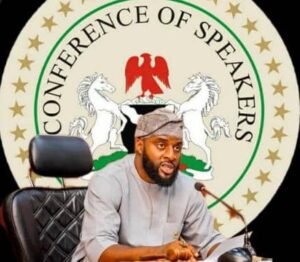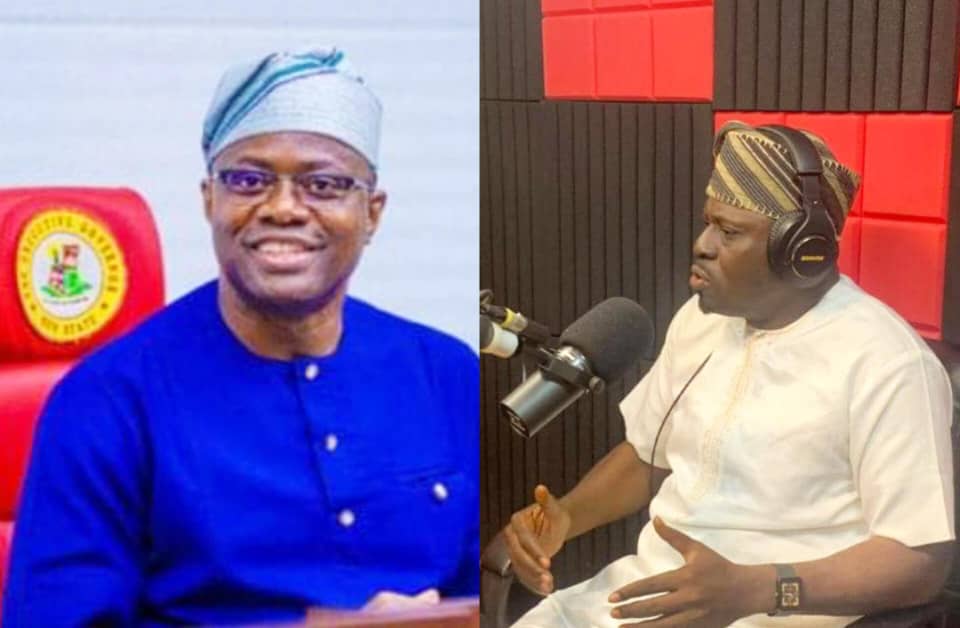
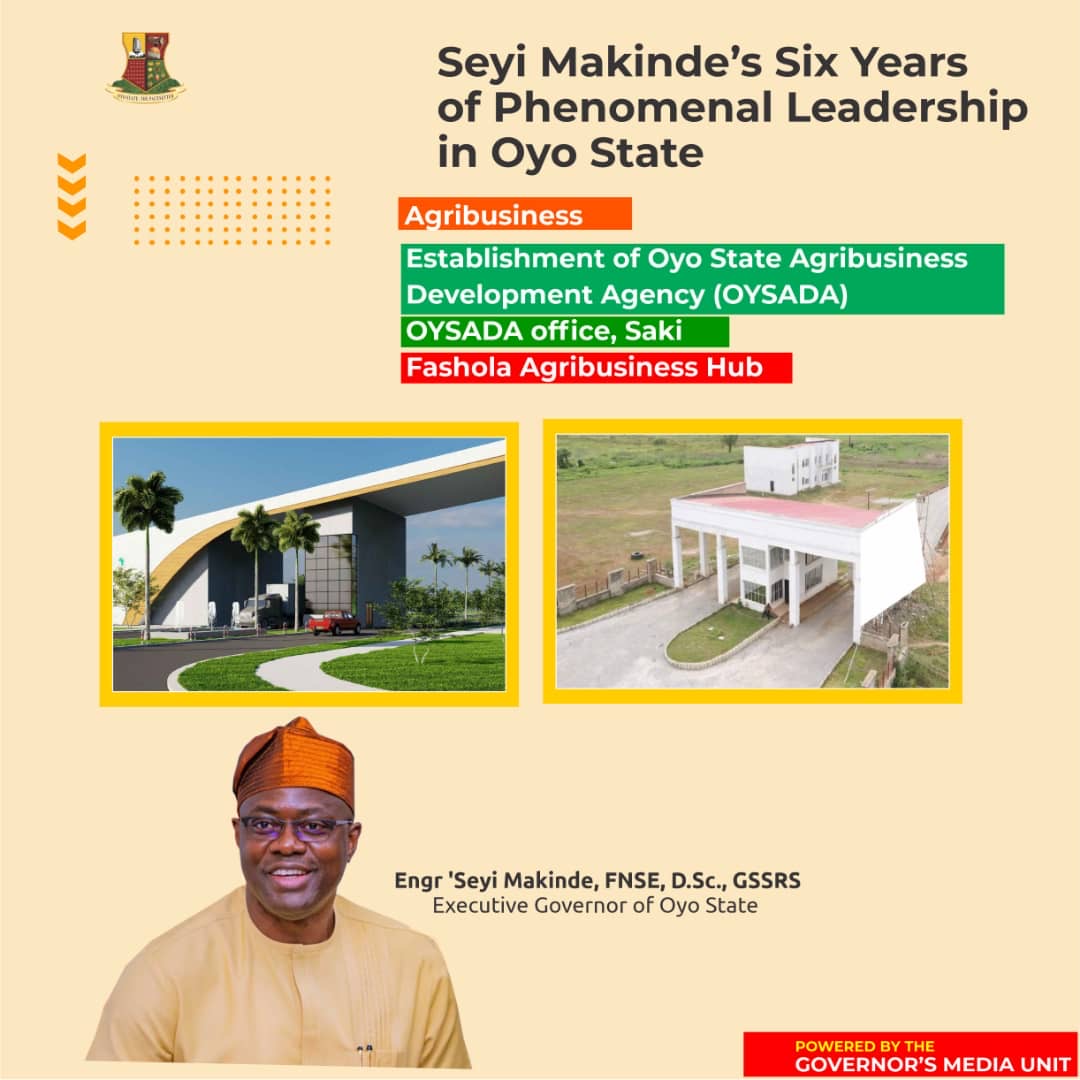
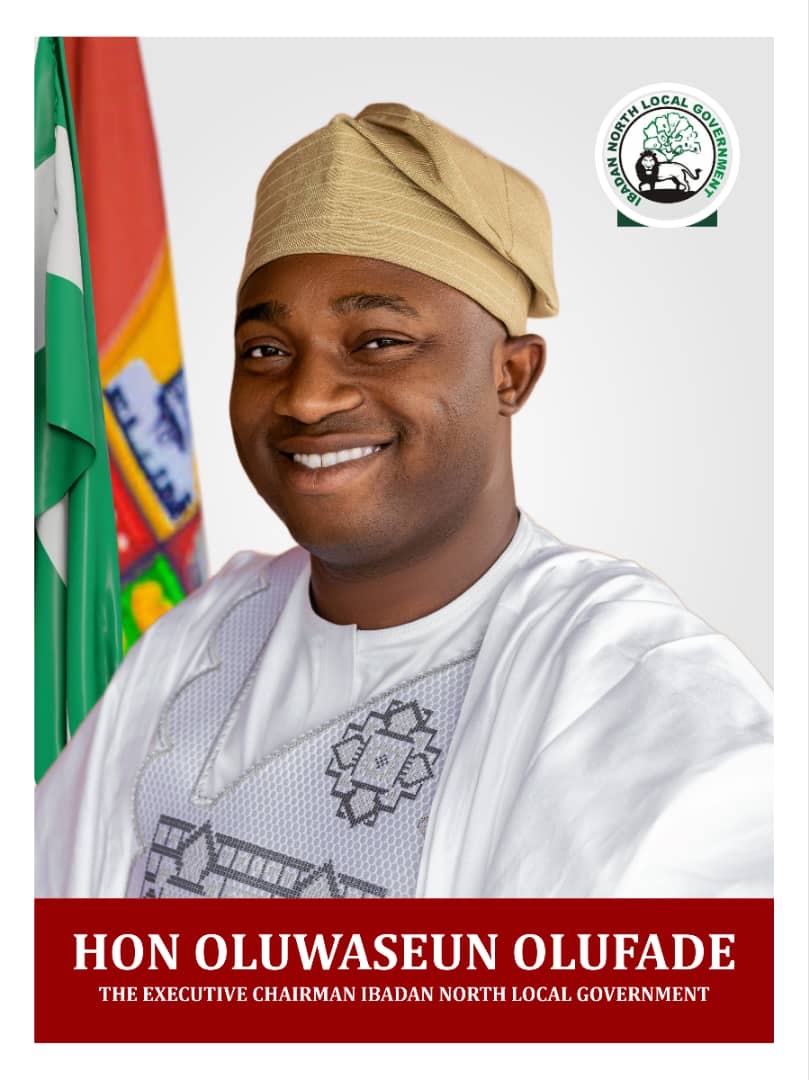
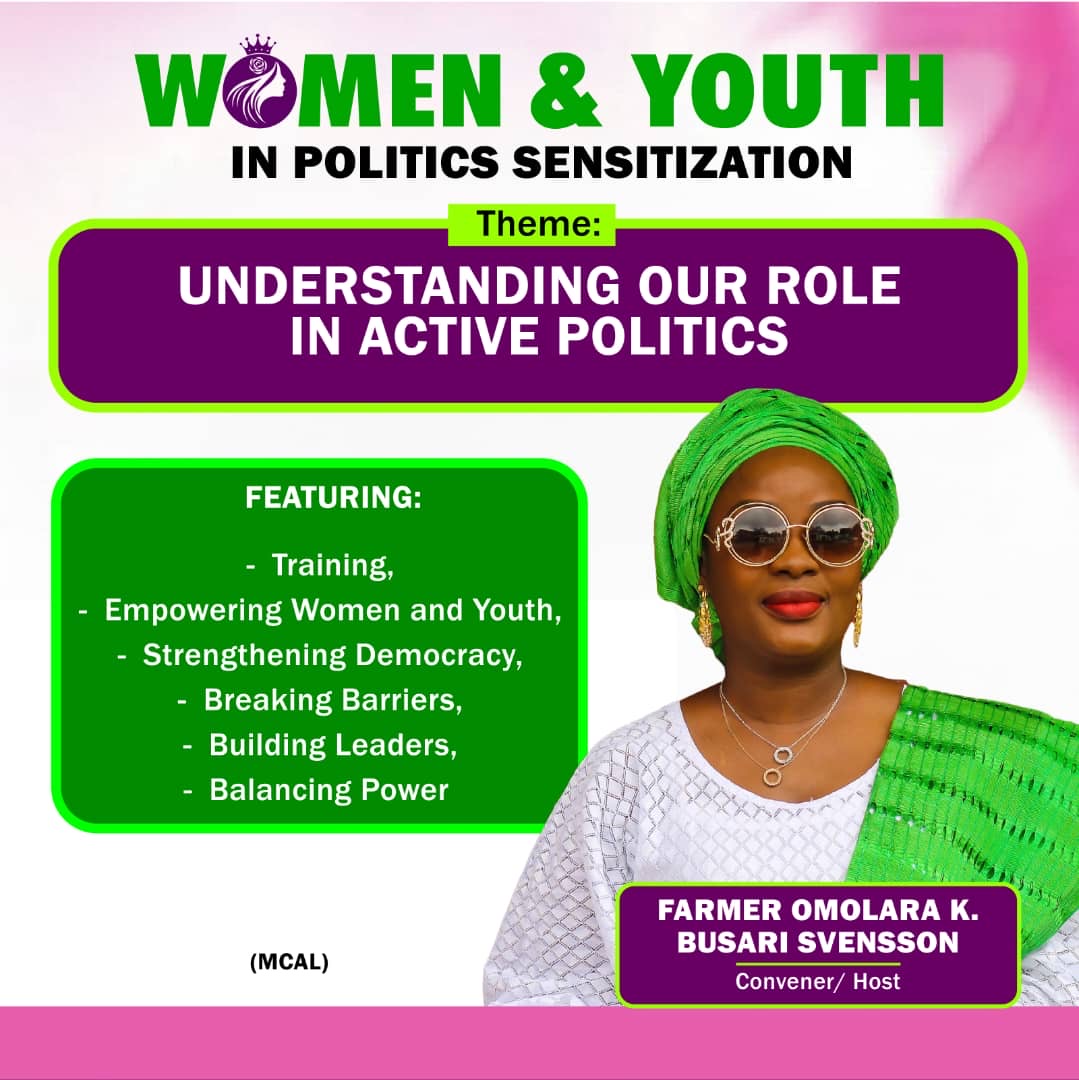
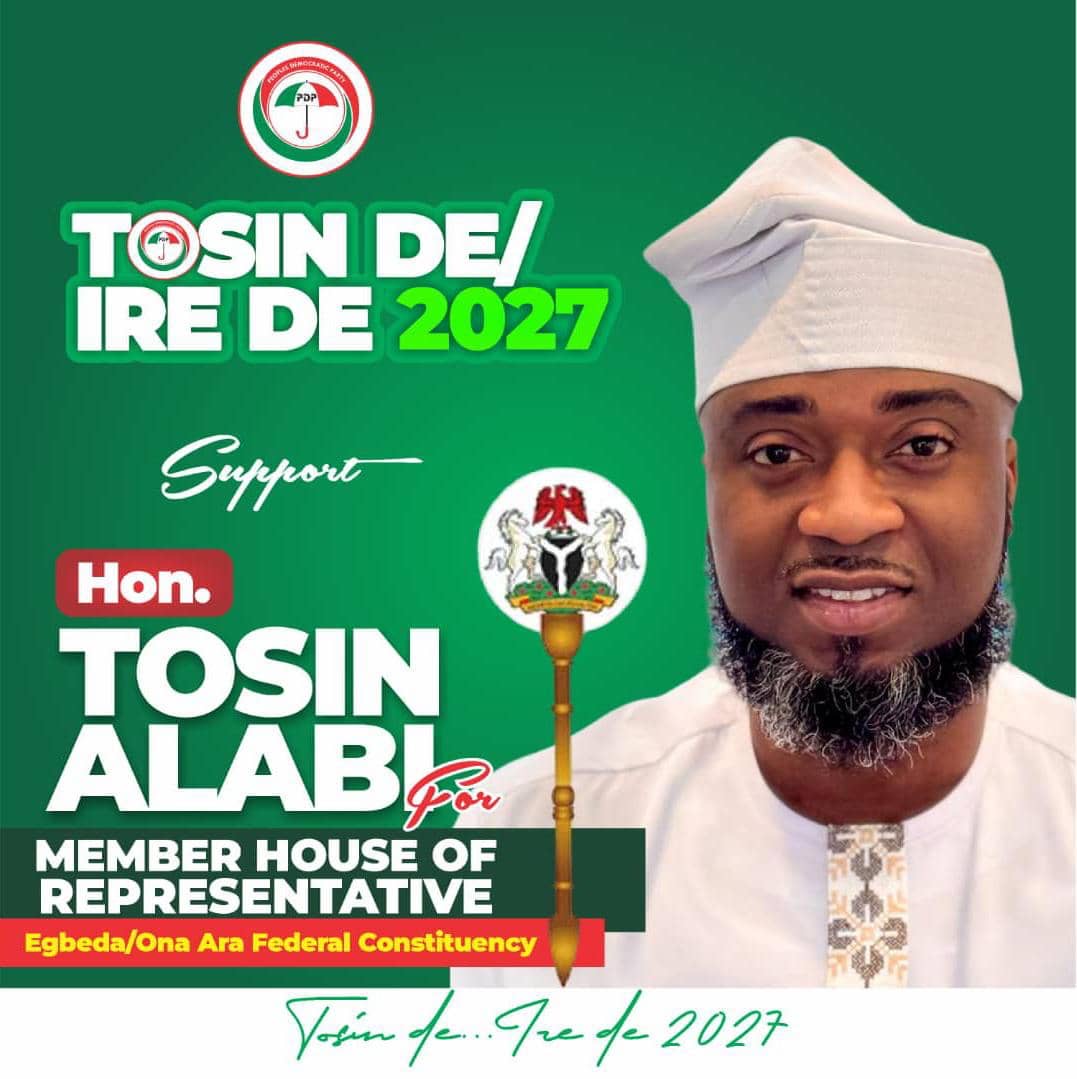
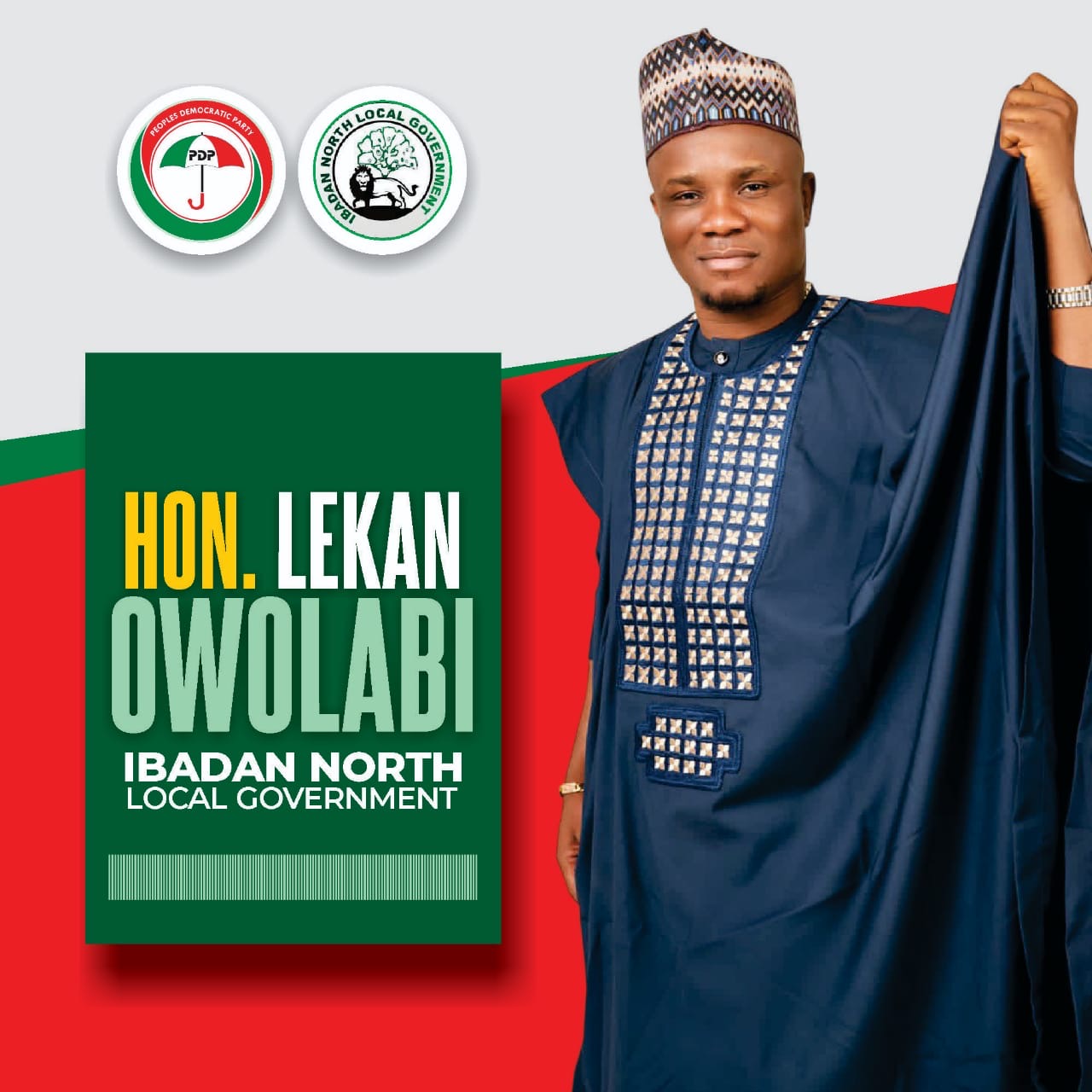
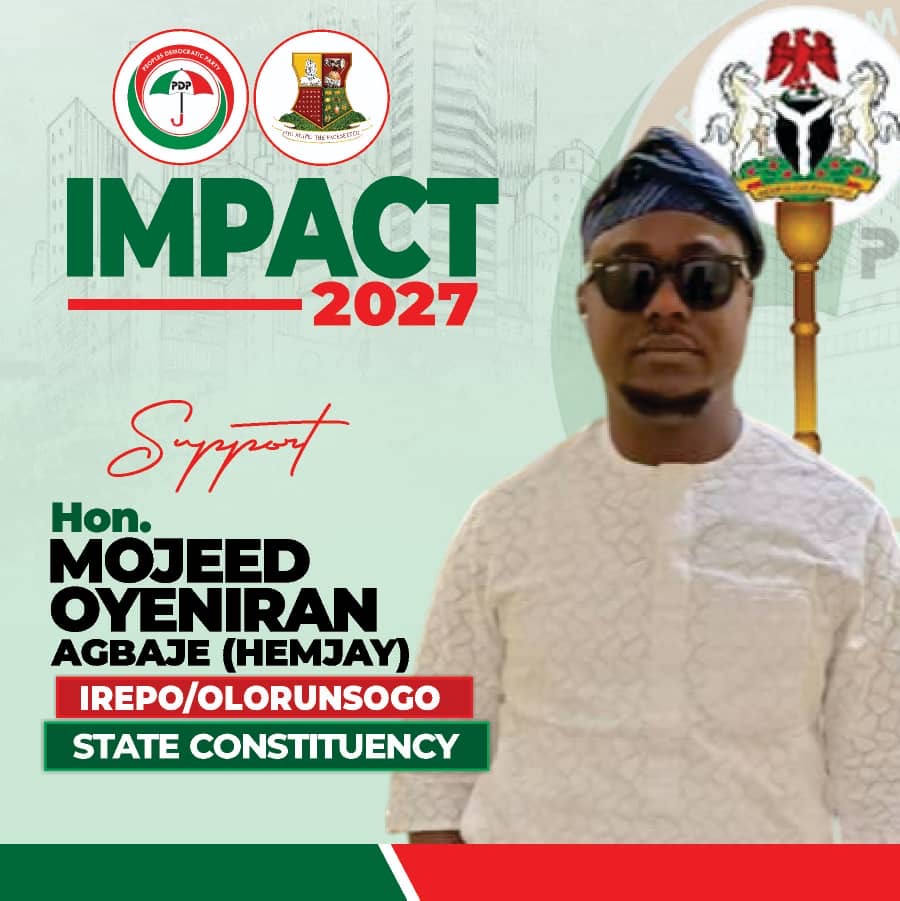
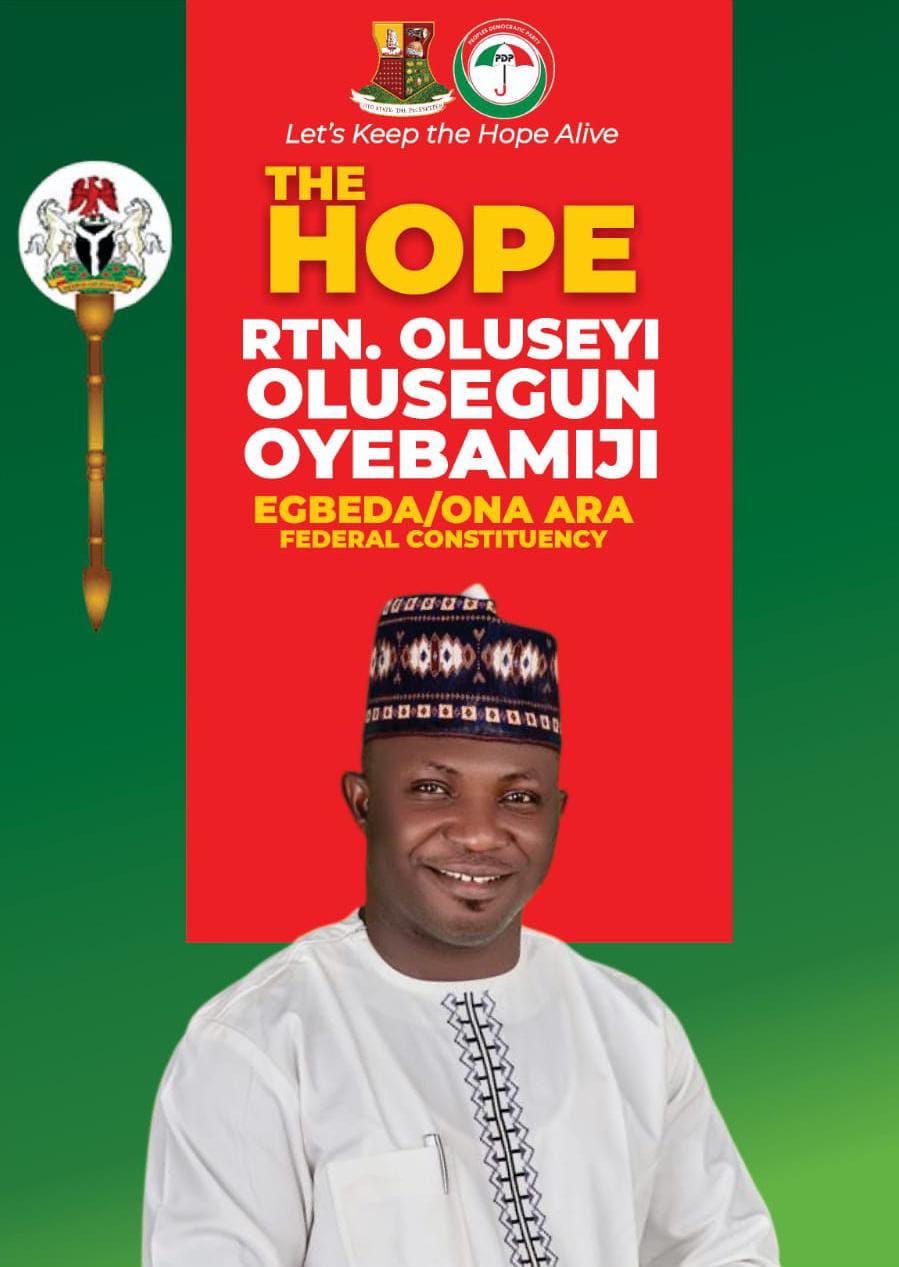
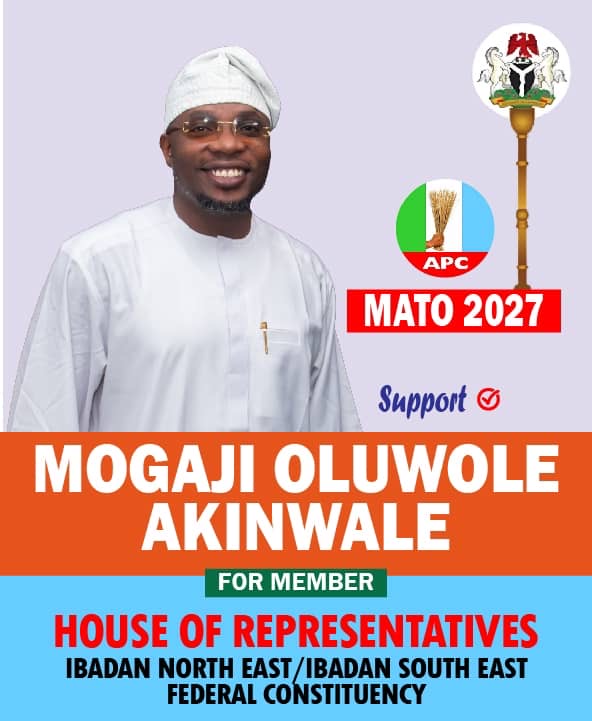
From birth, star gazers, soothsayers, and wise men predicted the remarkable path Seyi Makinde would take.
Fate sealed his destiny, ordaining him from the womb to lead and rule his people.

Like other great men, his childhood may not have been spectacular. On the day Seyi Makinde was born, there might not have been thunder, lightning, or earthquakes, but something special had indeed entered Ibadan in Oyo State and, by extension, Nigeria.
He grew up like any normal child, attending school, laughing, crying, bullying, and fighting. However, one thing always followed him: his DESTINY.



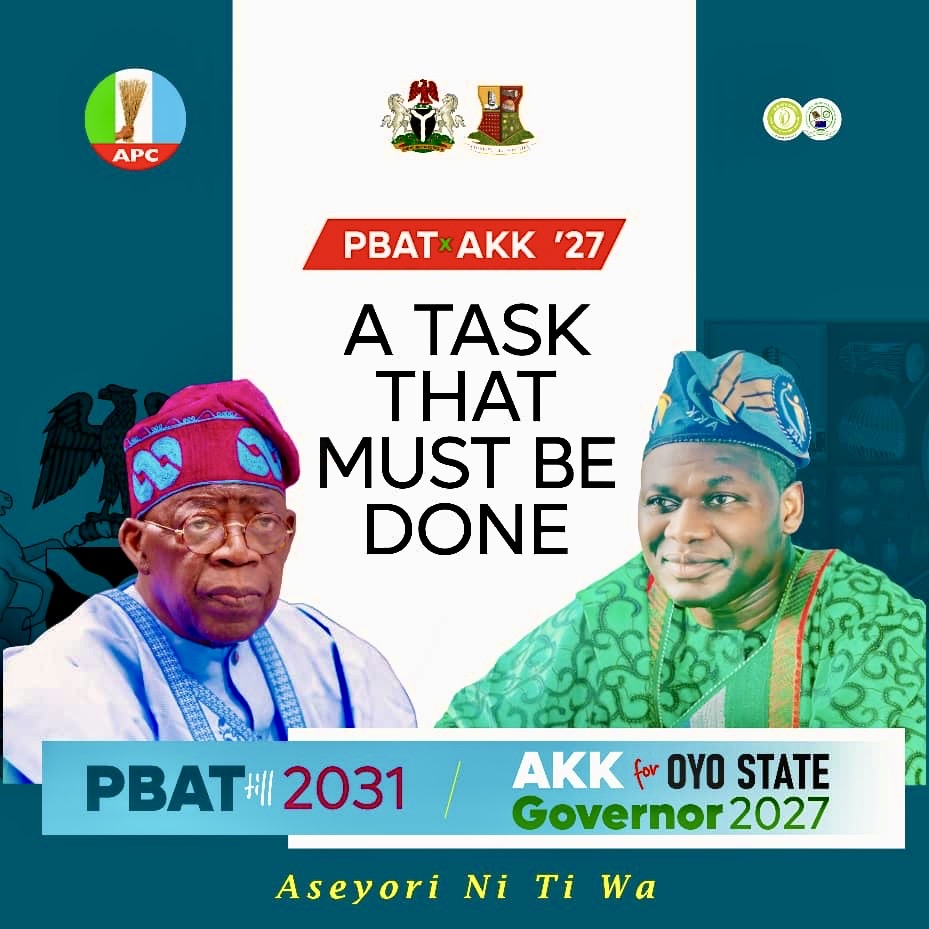

Nicknamed the “Gentle Boy” of Oyo State for his youthful looks and charming nature, Makinde knew deep within that he had a mission for his people.
Although the vision wasn’t clear to the young man, he knew God had ordained him for a journey that would become clearer as he grew. Makinde excelled academically, consistently achieving top marks throughout his secondary and university education.
Those who knew him in his youth describe him as unassuming, gentle, lovely, accessible, kind, generous, compassionate, and a jolly good fellow. He thrived in business, quickly navigating the competitive oil and gas industry, where only the strong survive.
When Makinde decided to enter politics, many friends thought it was a joke.
They doubted his success due to his gentlemanly nature and integrity, believing Nigeria’s political arena was for ruffians, bullies, thieves, and street warlords. What they didn’t know was that his destiny was pushing him. His mission was to deliver and rescue his people. When he joined politics with his own money, traditional politicians were happy to have a “money bag” to exploit. They believed they could milk him dry, as they had with other young, rich, and ambitious individuals.
However, Makinde surprised everyone. Using his money, wisdom, and generosity, he built a formidable following and quickly became a darling of the youth and masses in Ibadan. His political influence grew rapidly. He dislodged political gladiators across various parties, and his destiny continued to guide him.
Twice offered a senatorial ticket, he refused, knowing he was destined for greater things. He eventually became the Executive Governor of Oyo State in 1999. Since then, he has retired self-styled godfathers and systematically ushered in the youth.
He involved older politicians by asking them to nominate their children for government positions, revolutionizing Oyo State’s political landscape.
Makinde’s era saw young, unmarried men and women in high administrative posts such as commissioners, senior special assistants, executive assistants, and directors-general of government agencies. He has said he wouldn’t support any gubernatorial aspirant over 52 years old, which some saw as a coup against older politicians.
All local government chairmen and women in the state are young.
These young appointees are delivering excellent results, vindicating Makinde’s vision.
Seyi Makinde has achieved remarkable socioeconomic and political development for his people.
He has changed governance in Oyo State, enlightening the youth and masses about government accountability and the judicious use of public resources.
He has done his best, and posterity will judge him favorably.
However, Makinde must be wary of sycophants and praise singers urging him to run for the presidency in 2027.
While their love for him is genuine, it’s not reason enough to take that step now. After his second term ends in 2027, his political career will be far from over; in fact, it will just be beginning.
His mission extends to Nigeria and possibly the black diaspora.
The Nigerian presidency is a complex and highly complicated project, fraught with power plays, suspicion, and various interest groups. Bola Ahmed Tinubu, the “Rock of Southwest,” currently dominates Nigeria’s politics and won’t easily leave Aso Rock until after his second term.
Tinubu’s journey to Aso Rock began over thirty years ago, involving intricate networking and strategic alliances across Nigeria’s geopolitical zones.
For Makinde to challenge Tinubu would be political suicide. His local popularity doesn’t guarantee national acceptability.
My suggestion for Makinde in 2027 is to either go to the Senate or secure a ministerial appointment, using the next four years to build his profile regionally and nationally.
He should establish bases across Nigeria, market himself as a non-tribal national leader, and build relationships with various religious and ethnic groups.
By the time power rotates back to the north in 2031, Makinde will be a national figure, a viable candidate for vice president, and eventually president.
It would be unwise for the southwest to pit two great Yoruba leaders against each other, risking the damage of valuable relationships.
In conclusion, pitting Seyi Makinde against Tinubu is unrealistic. Politicians might be ambitious, but it’s crucial to understand the odds clearly.
This write-up aims to contribute to the ongoing discussion about Seyi Makinde’s future in politics.
Biodun Adekola
Political Analyst, Social Critic, and Commentator
Advocate for Good Governance
Ibadan
08066462434





